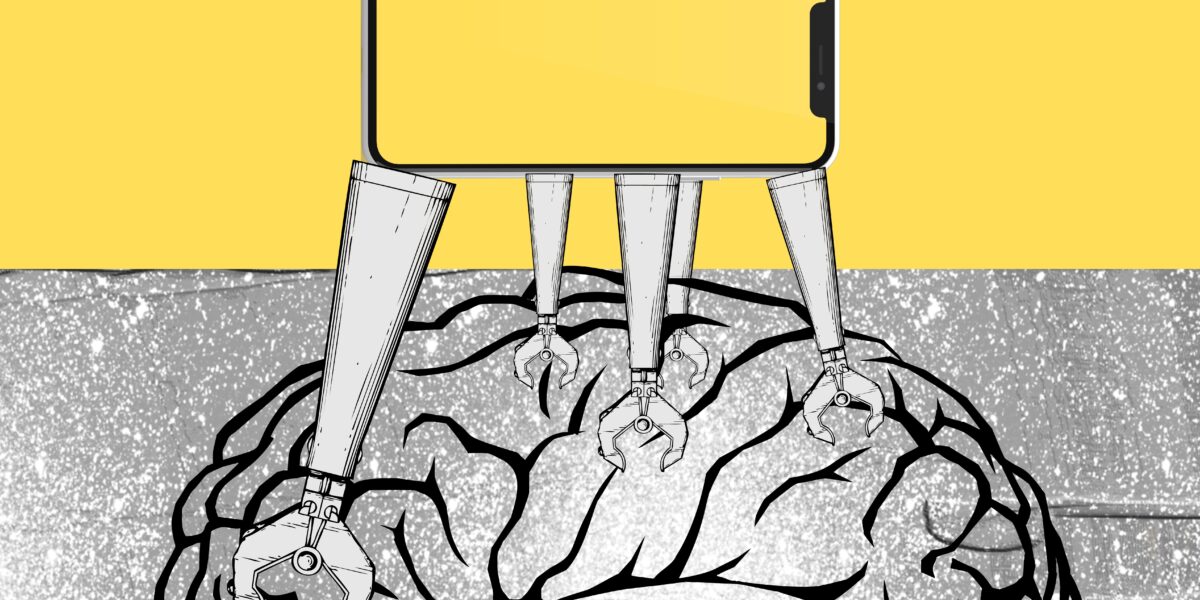Mental health is important. Unfortunately, awareness regarding it is still pretty lacking. As a result, many are still unsure of how therapy actually works. For that purpose, I, a clinical psychologist, will break down how therapy can be of benefit to you! First, let’s see how effective therapy is. Is Therapy Worth It? Psychotherapy is […]










